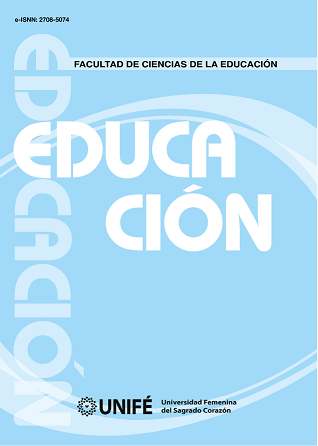First Centennial of Feminicide in the Women’s March and Farm Worker’s Strike for salary improvements in Huacho
DOI:
https://doi.org/10.33539/educacion.2017.n23.1180Keywords:
Feminicide, women, fighters, recognising, workAbstract
In this story we present the panorama of the political time in which the first femicide of the history of social struggles in Peru occurred, one hundred years ago, in 1917, highlighting the figure of Irene Salvador Grados as first martyr leader, in addition to mentioning to the other fallen women. This event is part of the process of recognising of the right to eight hours work shift signed in 1916, in Huacho. It reflects on the political forces that allowed the events.
Downloads
Download data is not yet available.
Downloads
Published
2017-12-01
How to Cite
Smith Bisso, A. (2017). First Centennial of Feminicide in the Women’s March and Farm Worker’s Strike for salary improvements in Huacho. Educación, (23), 147–149. https://doi.org/10.33539/educacion.2017.n23.1180
Issue
Section
Artículos



